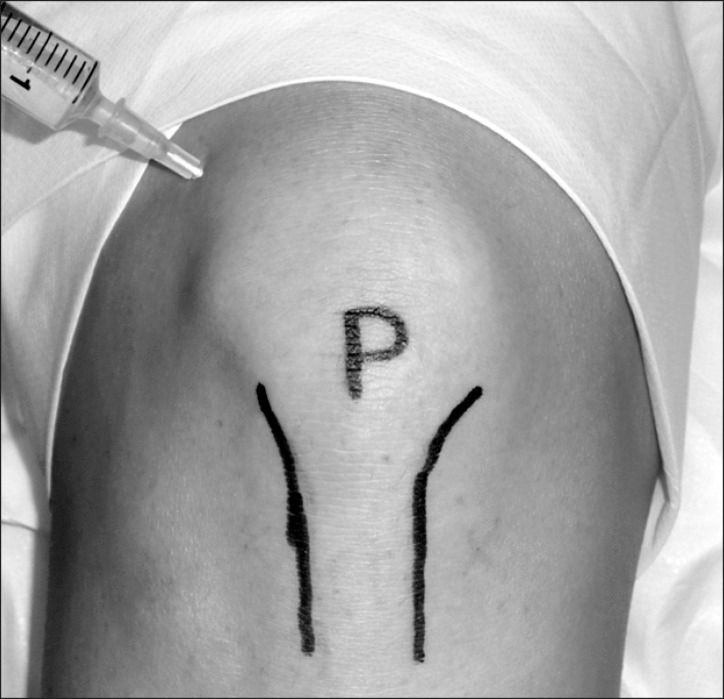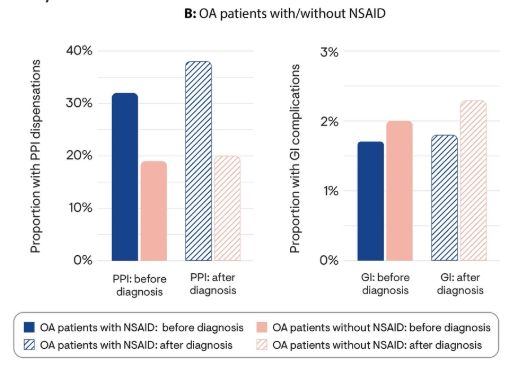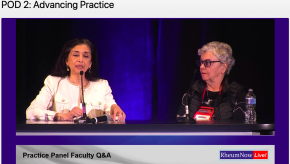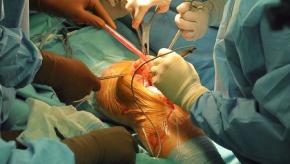All News
Referral Rules to Live By (2.20.2026)
Dr. Jack Cush reviews the news and journal reports from this past week on RheumNow.com. Highlights include referral rules, combination biiologics in psoriasis and don't use JAK inhibitors in pregnancy.
Read ArticleObesity, Surgery, and Optimizing Patient Care
Rheumatologic care involves multidisciplinary approaches and collaboration with specialties to treat complex, systemic diseases. While many Pods at RheumNow Live are disease specific, the Pod II focused on Advancing Practice on important and emerging areas affecting rheumatologic patients. This session focused on two major areas of need: obesity and peri-operative management.
Read ArticleCanada's 2025 Top 10 Funded Rheumatology Projects
Arthritis Society Canada (ASC) is Canada’s largest charitable funder of cutting-edge arthritis research, investing more than $240 million in research projects since its founding, and over $7 million invested in 2024-2025. Below are the investigators and projects that were funded in 2025.
Read ArticleTOPKAT Trial: Partial vs Total Knee Replacement
Patients with osteoarthritis (OA) primarily affecting only one knee joint compartment did just as well with partial knee replacement (PKR) as with total arthroplasty after 10 years in a randomized trial -- and maybe a little bit better.
Read ArticleEmergencies, Independence & Hemorrhage (1.23.2026)
Dr. Jack Cush reviews the news and reports from the past two weeks on RheumNow.Com
Read ArticleBIOBADASER III Registry shows No Cancer Risk with b/tsDMARDs
A large, real-world cohort study of rheumatoid arthritis (RA) finds patients treated with biologic and targeted synthetic DMARDs (b/tsDMARDs) do not have an increased risk of cancer.
The 2025 Rheumatology Year in Review
The year 2025 presented numerous advances in rheumatology and related inflammatory and autoimmune disorders ranging from several new groundbreaking FDA approvals/indications, drug developments, game-changing guidelines and practices that will impact patient care for rheumatic diseases.
Read Article2026 Resolutions (1.9.2026)
Dr. Jack Cush reviews the news, announcements and journal articles from this past week on RheumNow.com. More on Variable bendability, a better way to treat RA, and a novel advance for GLP1a in PsA; and 2026 Resolutions!
Read Article
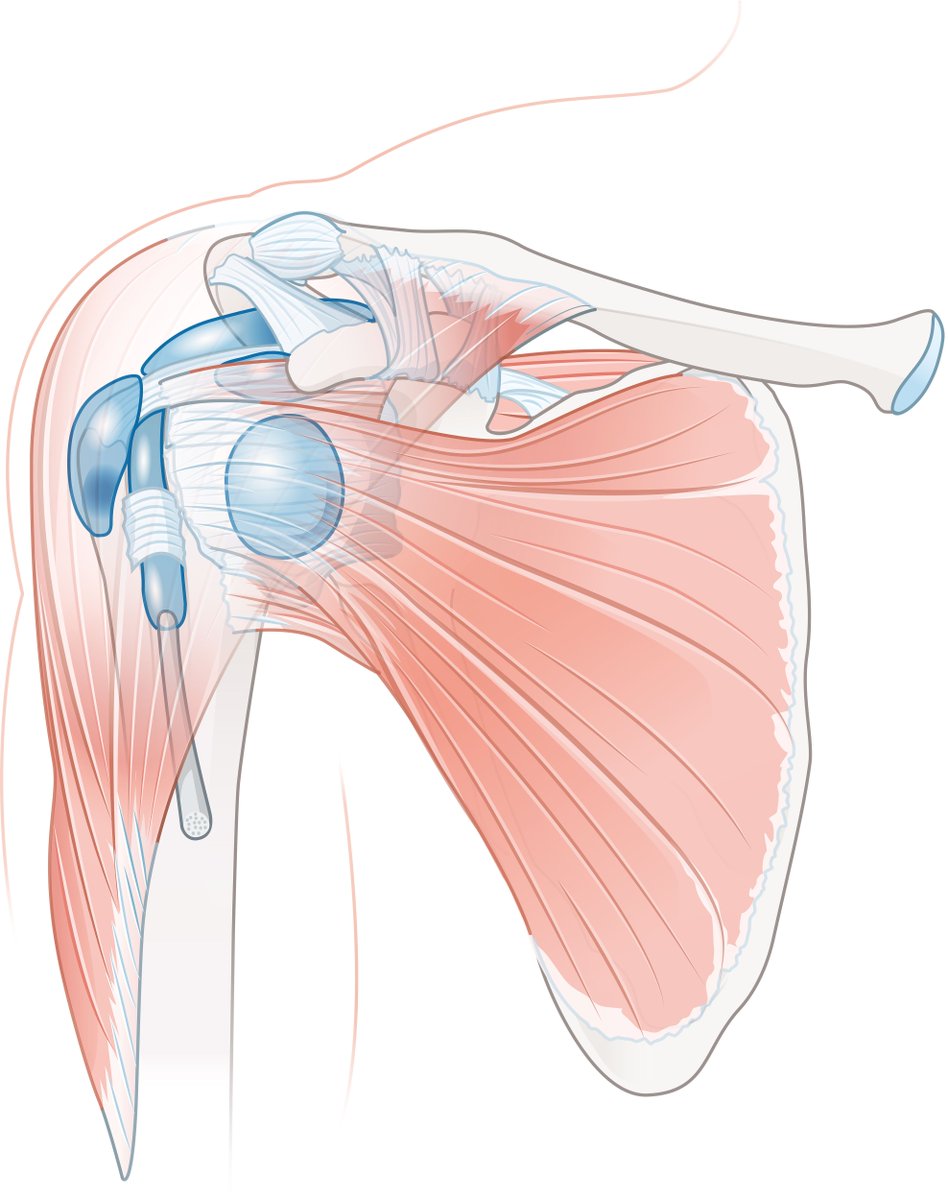
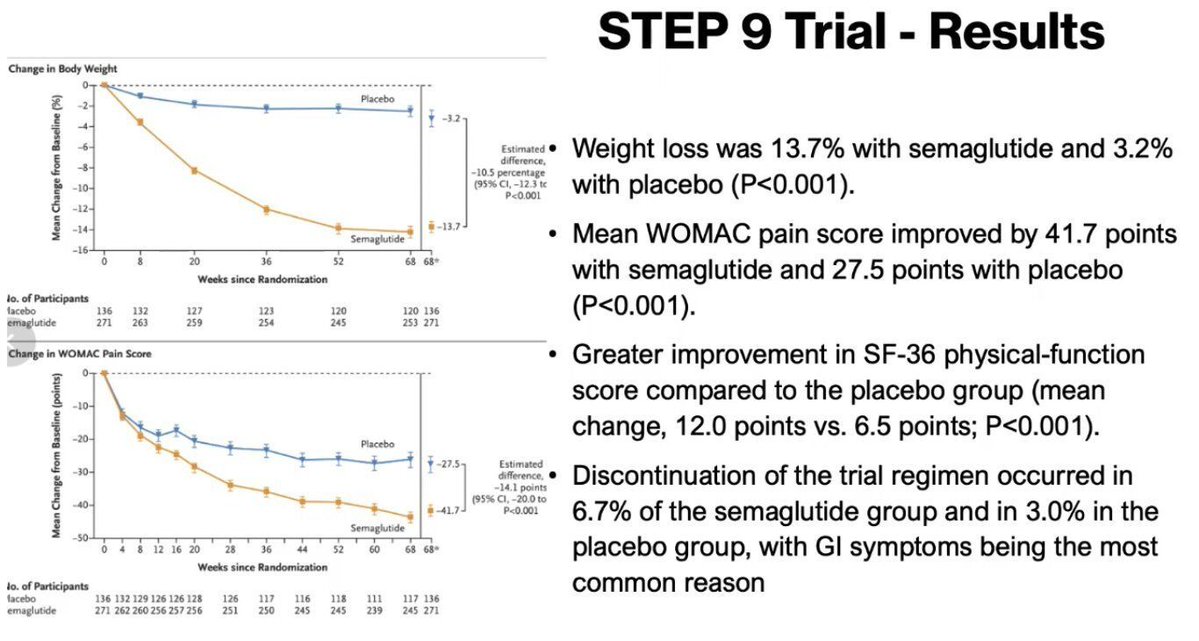
Links:

Dr. John Cush RheumNow ( View Tweet)
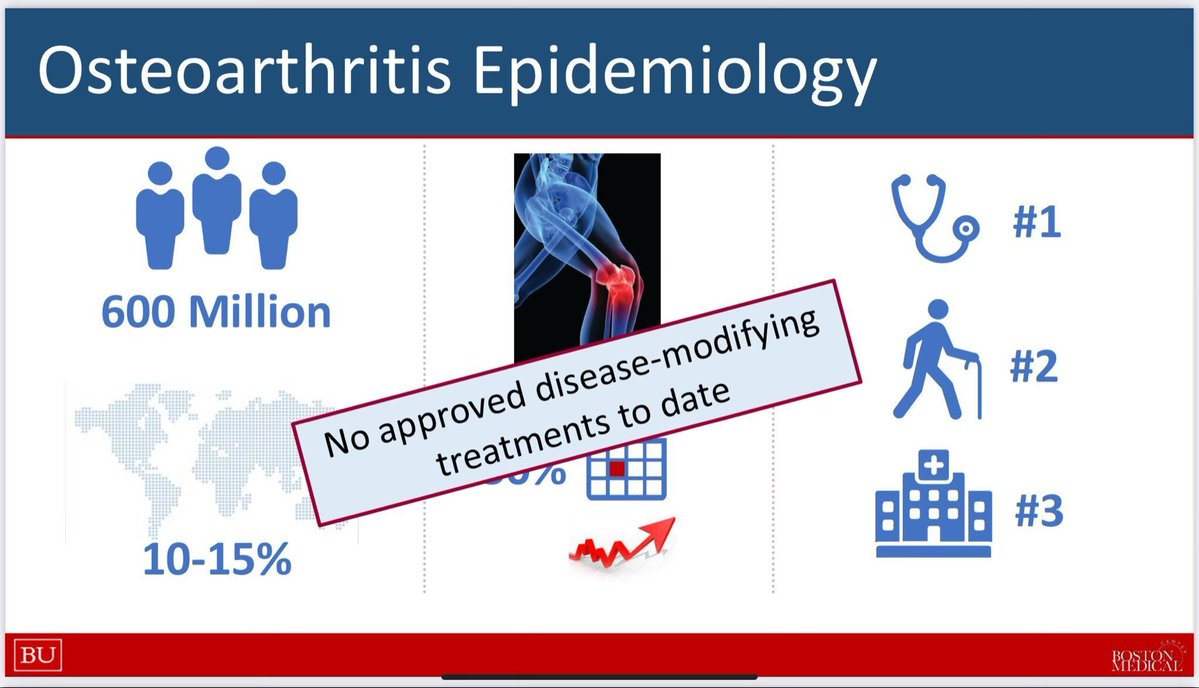

Dr. John Cush RheumNow ( View Tweet)
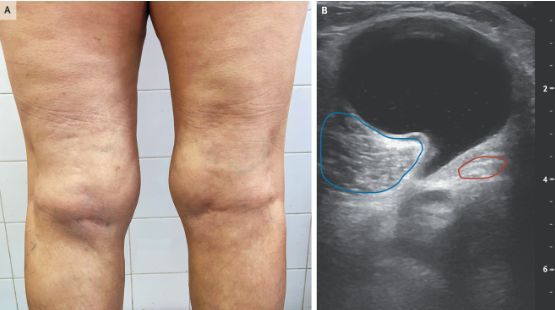
Links:
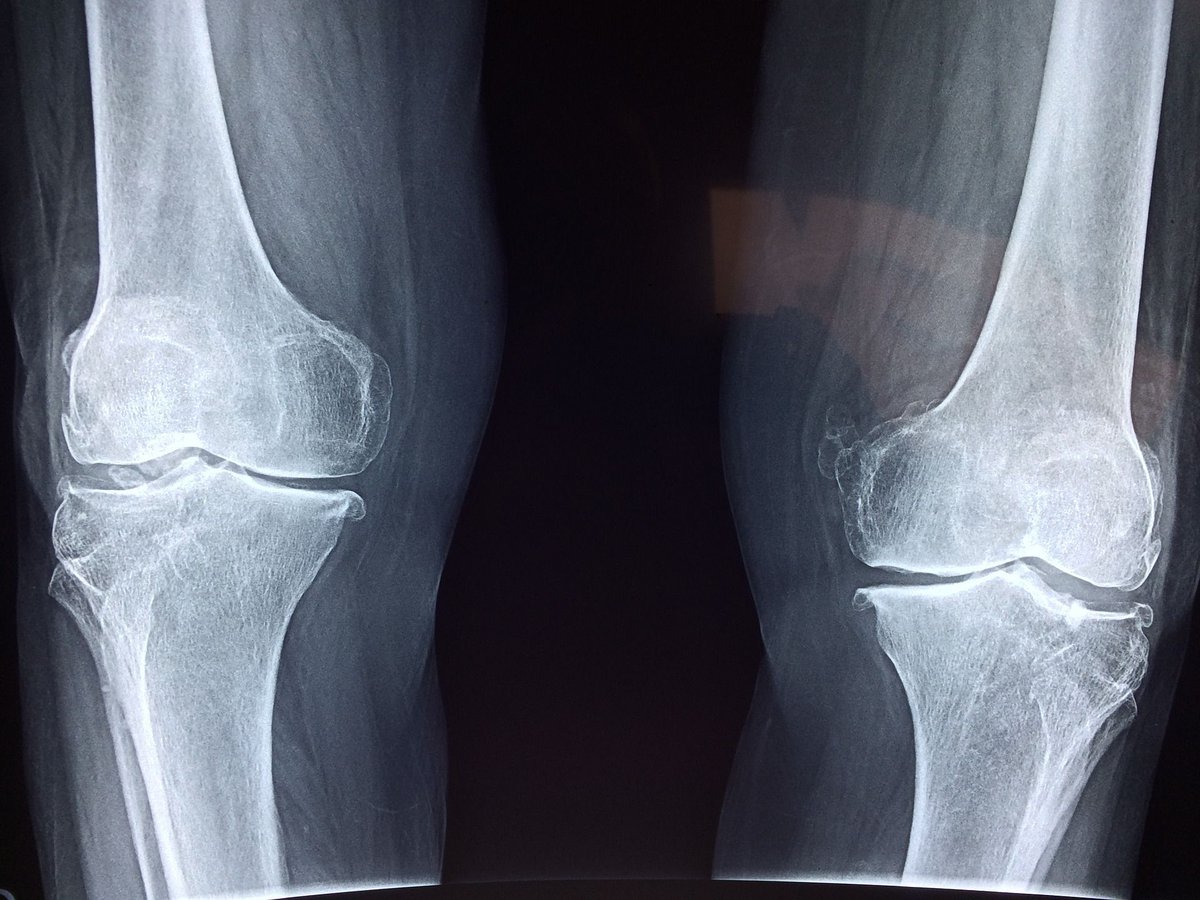
Links:

Links:
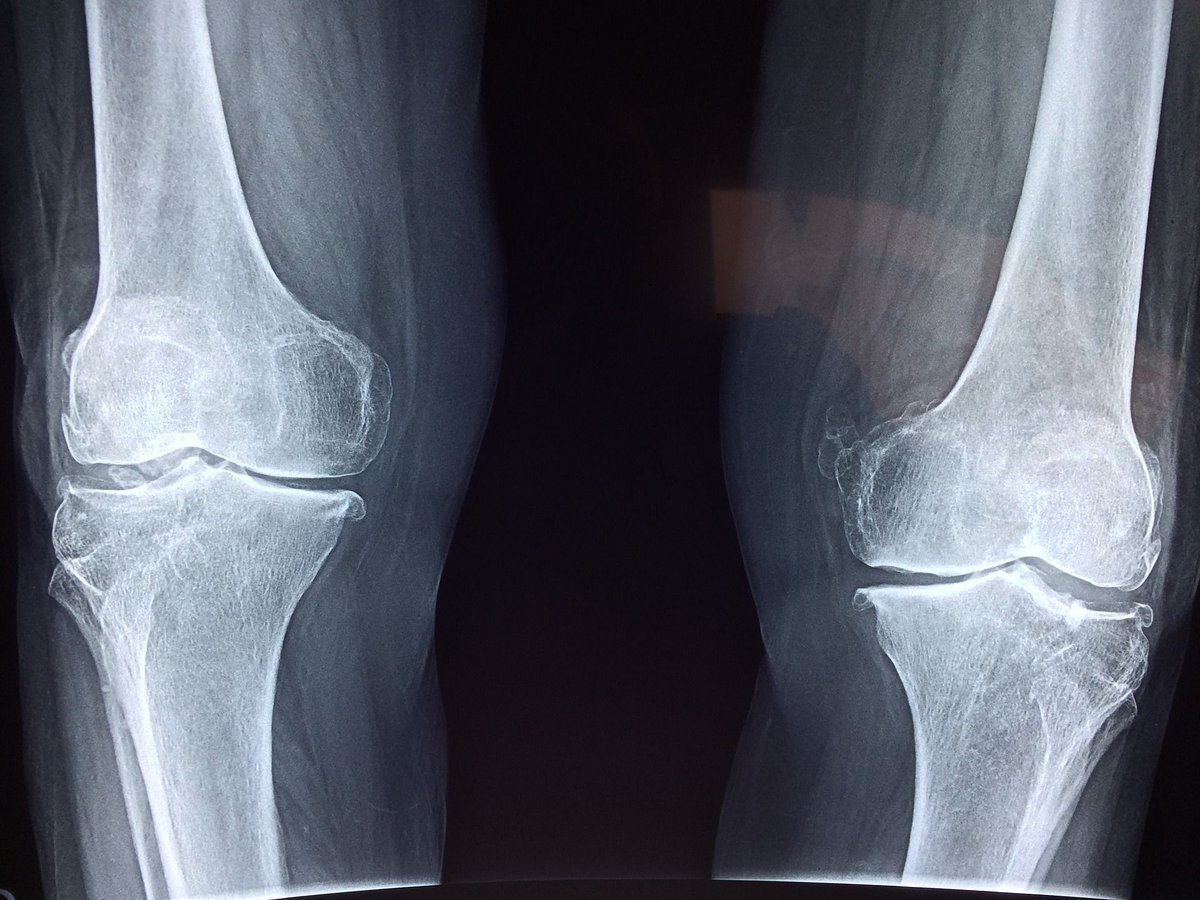
Links:
